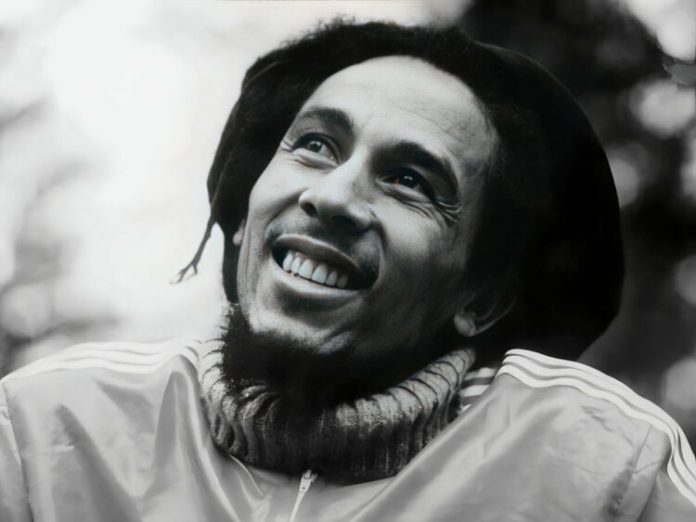
Marcus Garvey: the speech that inspired Bob Marley’s ‘Redemption Song’
As Jamaica’s most successful musical export, Bob Marley became a globally praised phenomenon throughout the 1970s as the leader of The Wailers. Recognising Britain’s crucial presence on the global musical map, Marley embarked on a trip to London in 1972, during which he met Chris Blackwell, the founder of Island Records. Intrigued by the Wailers’ fresh and exotic sound, Blackwell on-boarded The Wailers.
Marley and the Wailers remained in the UK until 1973, the year of their first globally distributed album. Although Marley returned to Jamaica, he would return to live in London in 1976 following an attempt on his life in his home nation. The Wailers immediately set about recording the popular album Exodus, which arrived in 1977 during the punk explosion.
Marley’s music greatly impacted the punk and post-punk waves, influencing stalwarts like The Police, The Clash and The Beat. In a 2022 interview with Far Out, legendary punk bassist of Public Image Ltd, Jah Wobble, told us that hearing the Wailers’ basslines at Marley’s landmark Lyceum gig in 1975 was the moment he truly fell in love with music.
“[I] was watching Aston’ Family Man’ Barrett with the Wailers at the Lyceum in 1975,” Wobble said. “I didn’t come out of there thinking, ‘I’m gonna play bass,’ because the punk thing hadn’t really happened yet, but I was just fascinated with the bass players. It was this feeling, you know? It was incredible.”
Beyond instrumental influence, Marley profoundly impacted the punk wave with his politically charged lyrics. Although admittedly less aggressive than Johny Rotten, Marley inspired a generation to “get up, stand up,” stand up for their rights.
Sadly, Marley was diagnosed with cancer in 1977 after a malignant melanoma was found under the nail of his right big toe. The singer first realised something was wrong when he suffered a foot injury during a football game, which got progressively more painful.
The cancer was caught at a relatively early stage, but Marley declined when the doctors advised that he have his toe amputated. It is against the Rastafarian faith to have part of one’s body “temple” removed. While Marley did later opt for a skin graft, by 1980, the cancer had spread throughout his body, and he was diagnosed with a more advanced, terminal case.
Between January and April 1980, Marley recorded Uprising, the last Wailers album released during his lifetime. Most famously, the record housed the singles ‘Could You Be Loved’ and ‘Redemption Song’, the latter, arriving at the very end of the album as Marley’s poignant farewell, conveyed a message of unity and strength against adversity.
Marley based ‘Redemption Song’ on a speech by the esteemed civil-rights campaigner Marcus Garvey. In 1937, the inspiring orator famously said, “We are going to emancipate ourselves from mental slavery because whilst others might free the body, none but ourselves can free the mind.”
Marley echoes these words in his lyric: “Emancipate yourself from mental slavery / None but ourselves can free our minds”.
It is thought that the singer named the song after reading Garvey’s 1923 book The Philosophy and Opinions of Marcus Garvey, which is prefaced, “Dedicated to the true and loyal members of the Universal Negro Improvement Association in the cause of African redemption.”
Determined to give his fans one last show, Marley set off on a final world tour to support Uprising. Just before his tour stop in New York in the summer of 1980, he collapsed during a run in Central Park. After one final show in Pittsburgh, PA, in September, Marley cancelled the rest of the tour in favour of diet-based treatment in Germany.
After eight months with no improvement, Marley flew back to Jamaica to live out his final days. However, he sadly fell into a critical state during the flight, forcing an emergency landing in Miami, Florida. Marley was rushed to Cedars of Lebanon Hospital, Miami, where he died aged 36 on May 11th, 1981.
Redemption Song was Bob Marley’s final single.